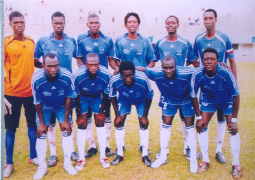A one-day validation workshop on drug donation was conducted last Thursday at the National Pharmaceutical Services in Kotu.
The validation workshop highlighted among other problems, the need for donated medicines and medical supplies to be relevant for the disease pattern and the level of care that is available.
Participants, who were drawn from diverse sectors noted with concern at the end of the day that medicines and medical supplies are often unknown to local health professionals and patients, and may not comply with locally agreed drug policies and Standard Treatment Guidelines.
They also noted that many donated medicines and medical supplies arrive unsorted and labeled in a language that is not understood. "Some donated medicines and medical supplies come under trade names that are not registered in The Gambia," participants also observed.
The workshop participants also noted that the quality of the medicines and medical supplies does not always comply with standards in The Gambia. For example, according to them, donated items may be of no use, or have expired or very near expiry dates before they reach the country, or they may be medicines or free samples returned to pharmacies by patients of health professionals.
"Medicines may have been donated in the wrong qualities, dosage forms and some stock may eventually have to be destroyed," they added.
This, according to them, is wasteful and cause problems of storage and disposal, which involves use of resources and can be environmentally-hazardous.


